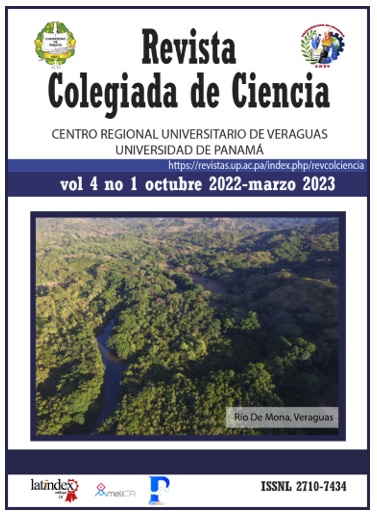

The master's program in accounting, like any other, uses research processes that allow the use of methodologies consistent with studies at the postgraduate level. Regardless of the modality of the program (academic or professional), the degree projects require the generation of research that contributes to the beneficiary community of new knowledge visualized through analytical cohorts. Therefore, the purpose of this study was to analyze the investigative practices and methodologies that students used in the regional offices of Veraguas (CRUV) and Azuero (CRUA) of the University of Panama in the period 2016-2019. It is supported by information theory under the paradigmatic approach characteristic of accounting. The sample data show that 100% of the investigations presented in the final supported intervention reports (with professional modality), present investigative practices and methodological processes in accounting and auditing areas that are consistent with the realities to which they are directed. The field of action, even though the phenomena studied are very delimited, due to the particular characteristics of the interventions (business and institutional), promote and provide professional development and a possible solution to the identified problems. The investigations show more the qualitative approach with descriptive-analytical scopes and some, in addition, exploratory. The results reveal the interest of the participants in solving some "problematic situations" for improvement, considered optimal for such interventions, in this study, typical of the audit area.